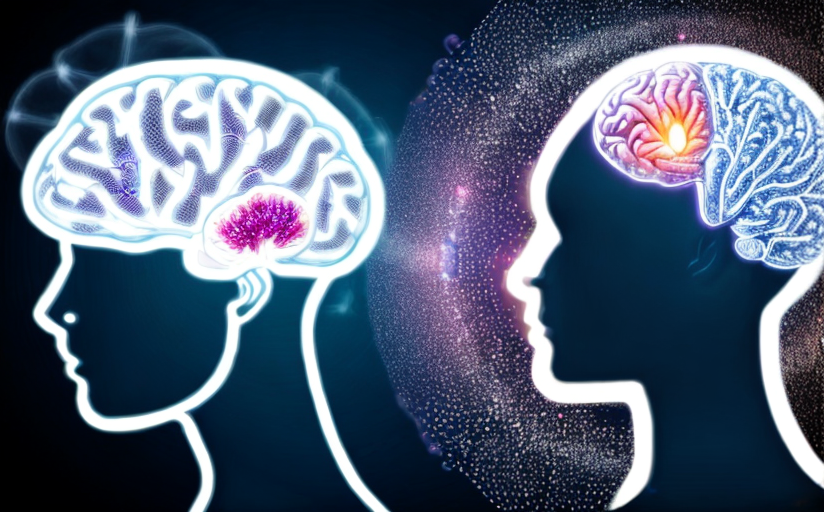The Connection Between Gut Health and Mental Well-Being
Amidst broader understanding and recognition of mental health issues, one particular aspect often evades public attention: Gut Health. Yet, numerous scientific pieces of evidence propose a compelling correlation between the state of our digestive system and our mental well-being. This article aims to dissect this multi-faceted topic, emphasising the role our gut plays in both our physical and, irrefutably, our mental stability.
The Gut-Brain Axis: An Interlinked System
The gut and brain are more connected than one might assume, this connection is often referred to as the gut-brain axis. The gut-brain axis is a bi-directional communication system involving complex interactions between the endocrine, immune, and nervous systems. This axis system ensures regular bodily functioning; however, disturbing its balance can lead to a host of both physical and mental health issues, such as anxiety and depression.
Role of Gut Bacteria in Mental Health
Interestingly, trillions of bacteria residing in our guts, collectively known as the microbiota, play a prominent role in our mental health. These bacteria produce numerous neurochemicals that the brain uses for the regulation of physiological and mental processes, including mood. For example, 95% of the body's serotonin (a neurotransmitter instrumental in controlling our emotions and mood) is produced in our gastrointestinal tract lined with a hundred million nerve cells.
Different types of bacteria in our gut can influence our mood. The research shows that particular strains of Probiotics (Lactobacillus and Bifidobacterium) can reduce symptoms of depression and anxiety. Therefore, the type, diversity, and balance of bacteria in our gut can significantly affect our mental state and emotional well-being.
Improving Gut Health Enhances Mental State
Understanding the influence of gut health on mental well-being naturally paves the way for therapeutic methods to alleviate mental health issues by improving gut health. One can improve their gut health through various means, including a balanced diet, exercise, and probiotics.
Healthy Diet and Mental Health
Diet plays a crucial role in maintaining both gut and mental health. Foods rich in fibre, like fruits, vegetables, and whole grains, can improve gut health by boosting the growth of beneficial bacteria, in turn, positively influencing mental health. Unhealthy foods, on the other hand, can cause inflammation and harm your gut flora, which can lead to mood disorders.
Probiotics and Mental Health
In addition to a balanced diet, supplementation of probiotics has shown promising effects on mental health. Probiotics, also known as 'good bacteria', can restore the natural balance of gut flora, therefore, potentially benefiting mental health. Several studies demonstrate that certain probiotics can reduce mental health disorder symptoms, further signalling the profound link between the gut and the brain.
In conclusion, the connection between our gut health and mental well-being is evident and robust. While we continue to gain more understanding of this intricate relationship, one thing is for sure: paying attention to our gut health, through proper diet and potentially probiotics, can do more than just ensuring physical health – it can significantly bolster our mental stability too.

















Comments
Leave a Comment